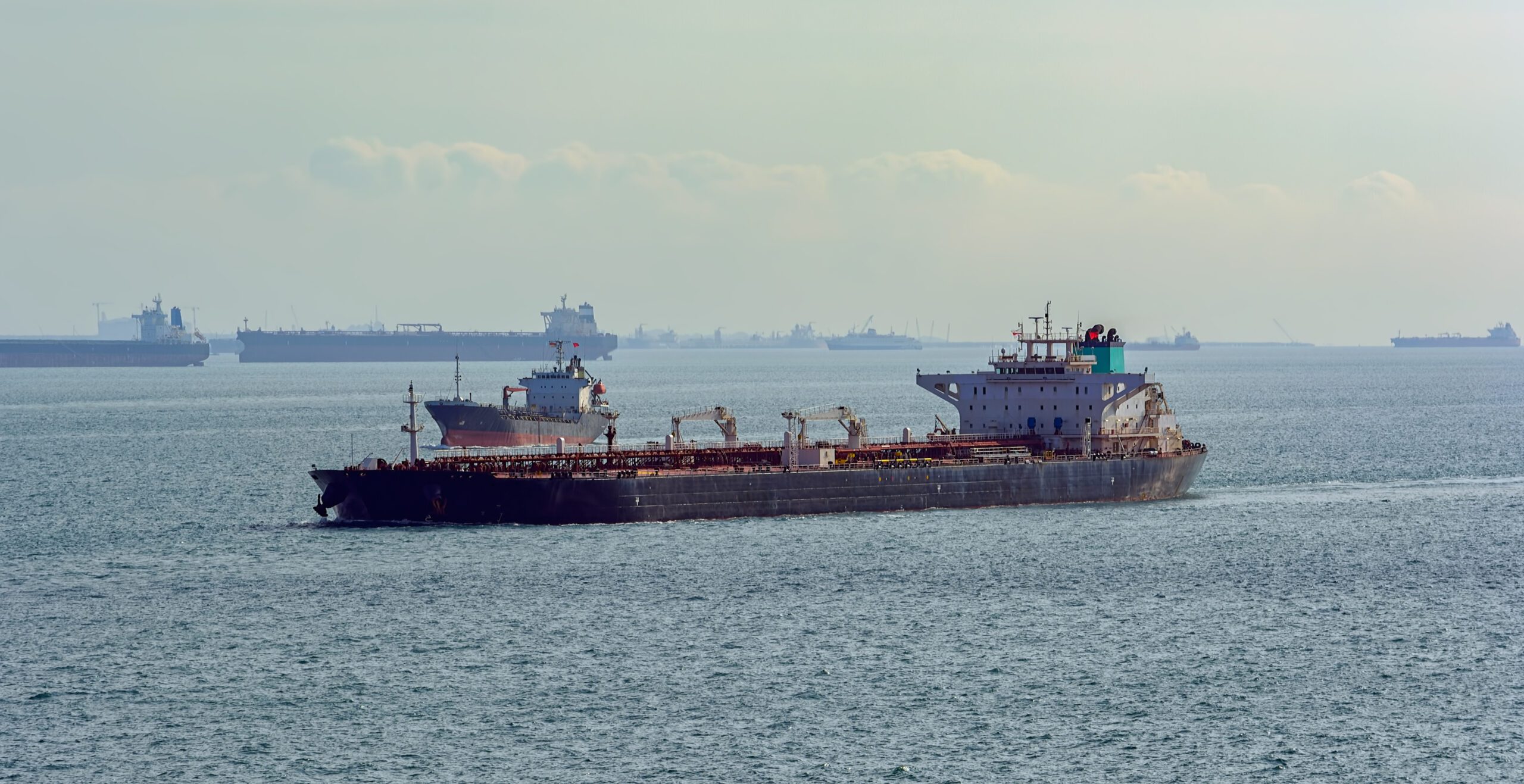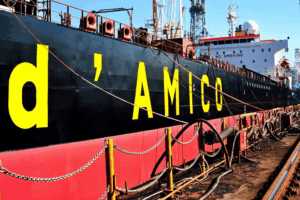The dark and shadow tanker fleet is not easily defined. The growing size of the so-called dark tanker fleet is growing concerns about the reputation of the global shipping and analysts suggest that the only next step for these vessels will be the recycling. Brokers Poten & Partners suggested this month the dark fleet of crude oil tankers is approaching 197 ships (69 VLCCs, 35 Suezmaxes, 74 Aframaxes and 19 Panamaxes).
Some analysts, according to the broker, estimate the fleet to be as large as 600 tankers (crude and product combined), while others suggest the tanker dark fleet is approaching 300-400 ships.
It is well known that some “dark fleet” ships, hence the name, are switching off their Automatic Identification System, thereby going “dark”.
In these tactics they are involved elderly vessels, older to 15 years, which move all this illicit cargo, and their owners regularly change the tankers names and registry.
Sanctions on Russia, Iran and Venezuela have in some ways created a world of shipping with shadow tankers which will likely never return to compete in the mainstream trades. Prior to December 5, 2022 for crude oil and February 5, 2023 for petroleum products the export of oil from Russia was not necessarily considered illegal. The sanctions imposed on the importation and transportation of Russian barrels of crude oil and oil products, after the Russian invasion in Ukraine, under the price cap regime, have increased the so-called dark tanker fleet.
The total number of vessels in the global shadow fleet is hard to estimate, although the list that maintains the U.S. advocacy group “United Against a Nuclear Iran” (UANI) of tankers involved in exports from Iran suggests that from 1st of February 2023, 194 tankers are suspected of involvement in the illicit transfer of Iranian oil. Some 174 of those are larger crude oil tankers (Panamaxes, Aframaxes, Suezmaxes and VLCCs).
“The fleet of tankers exporting from Venezuela is relatively small and the U.S. has allowed exceptions to the sanctions. A small number of tankers (3 VLCCs and 2 Suezmaxes) seem to be primarily responsible for the exports of Venezuelan crude oil to Asia. We would consider these vessels part of the “dark fleet”. Combined with the Iranian fleet, this brings the total to 179,” according to shipbroker Poten & Partners.
Determining the list of secondhand transactions that took place in 2022 after the Russian invasion of Ukraine, and on the number of these vessels that ended up in the Russian export trade, Poten & Partners data shows that some 600 tankers (>30,000 dwt) were sold in 2022. A total of 137 vessels were Aframaxes and 59 were Suezmaxes (Aframaxes and Suezmaxes are the preferred export vessels for Russia). Out of these totals, 26 Aframaxes and 22 Suezmaxes have been active in the Russian export trades.
As Poten & Partners says, however, if the crude is sold below the price cap, these are not sanctioned trades and the vessels are not automatically part of the “dark fleet”. Based on their age, (lack of) ownership details and their trade patterns since the change of ownership, it is suspected that at least 11 of the Aframaxes and 7 of the Suezmaxes are part of the “dark fleet”. This brings the total estimated “dark fleet” of crude oil tankers to 197 (69 VLCCs, 35 Suezmaxes, 74 Aframaxes and 19 Panamaxes). In this number it is also added a number of VLCCs that are active in the Russian export trades through Ship-to-Ship transfers.
These are notoriously hard to track, so it is impossible to give any reasonable estimate. The dark fleet could be larger than our estimate and our assessment may be cautious, as it is said by the broker.
What about the vessels involved in the Russian exports? In accordance with Poten & Partners, 26 large crude oil tankers (22 Aframaxes and 4 Suezmaxes) switched from the Iranian trades into the Russian trades. The majority of these are involved in the Russian Far East to China trade.
“It is no coincidence that the “dark fleet” is active in this trade, since prices for Russian crude in the Far East have exceeded the price cap. This excludes mainstream owners from participating in this trade,” as it is furthermore said.



